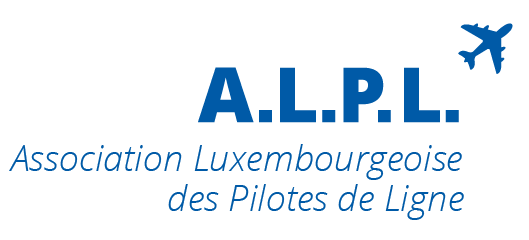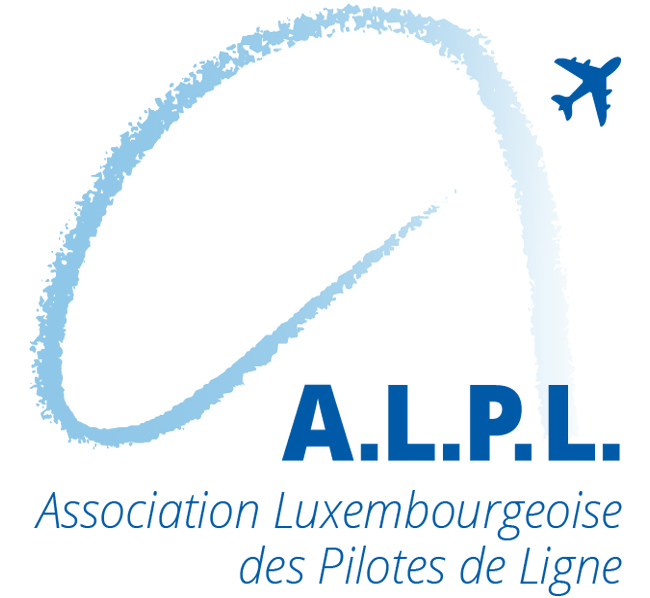The European Commission’s proposal for revision of the EU rules on wet-leasing of aircraft with crew registered in third-countries risks opening Pandora’s box, warns the European Economic & Social Committee (EESC). In an official Opinion, adopted during the summer, the consultative body warns the Commission against downplaying the social implications of wet-leasing. Crucially, it raises concerns about its use as a (semi-)permanent feature of airlines’ operating models “to drive down labour conditions or consumer conditions/rights”, and about the risk of opening the EU market to wet-leased aircraft from third countries “with low social standards and […] cost bases”.
The Opinion is part of the legislative process, which was initiated by the EU Commission, in late 2016. Under significant pressure from the US – which started to question the EU’s long-standing 7-months limitation (renewable once = 14 months) for wet-leasing into Europe – the EU Commission obtained a negotiating mandate to open up Europe’s lucrative wet-leasing market for US operators by the means of an ad hoc agreement. To allow for such an EU-US deal and to lift the time restriction between the two parties, the EU must first adapt its current rules on wet-leasing. Yet, the proposed rule change offers a foot-in-the-door for other countries to demand similar ‘deals’ (see ECA’s reaction in May).
EESC warns against downplaying the social implications of wet-leasing.
Such a scenario is also predicted by the EESC. This is why it requires from the Commission to clarify the wording and rationale of the proposal, to limit ‘unintended consequences’, and to consult with stakeholders – including recognised social partners.
The EESC also points out that the Commission has not conducted an impact assessment of its proposals, also not on the social aspects. It is recently that the BA wet-leasing-gate illustrated why & how wet leasing could undermine labour rights and working conditions in Europe. An unlimited and unrestricted wet-leasing could pave the way for – what the EESC calls – “unintended hybrid business models” – airlines adopting wet-leasing as a permanent feature of how they operate.
An unlimited & unrestricted wet-leasing could pave the way for “unintended hybrid business models”
EESC therefore suggests carrying out a proper impact assessment. As rightly pointed out, the concerns raised by the trade unions are justified and wet-lease agreements in general are a highly sensitive subject for labour organisations. All interested stakeholders – and especially the social partners – need to be consulted during the negotiating process with the US.
The next question is obvious: what will the Commission do with this Opinion? If it risks opening a Pandora’s box – as the EESC sees it – then it must make sure it could be closed again.




